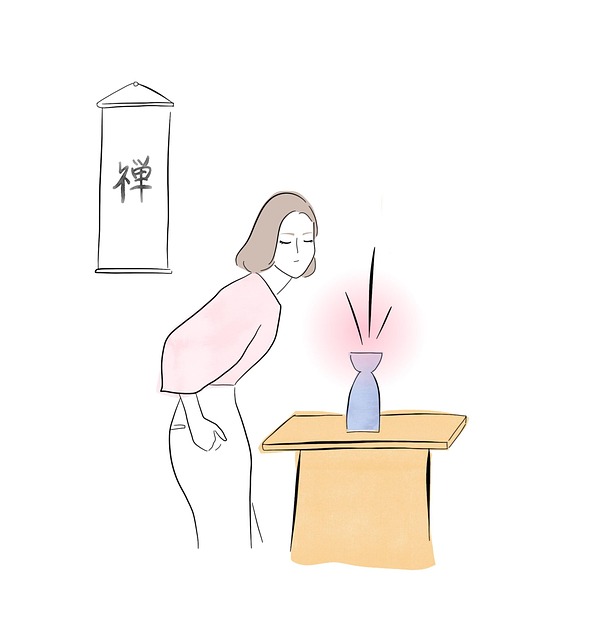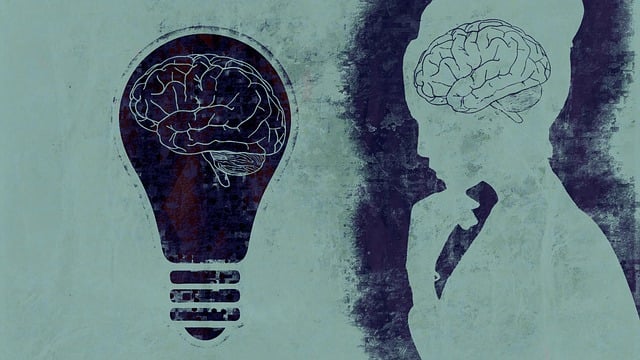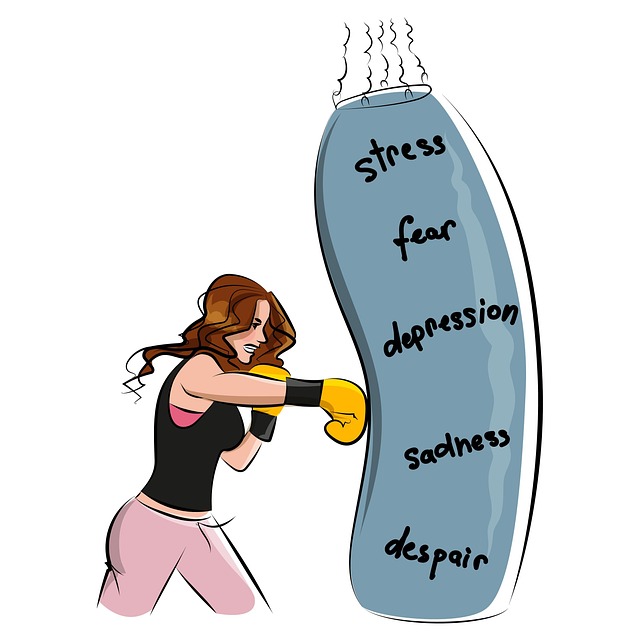Healthcare provider burnout is a significant issue at Broomfield Chronic Pain Therapy (BCPT) and similar services, caused by high-stress environments and long hours. This negatively impacts both provider well-being and patient care quality. BCPT addresses this through comprehensive strategies prioritizing work-life balance, stress management resources, and supportive professional networks. They promote inner strength development, positive thinking, cultural sensitivity, and open communication to combat burnout. By integrating mindfulness practices, tailored resources, and collaborative activities, BCPT aims to increase job satisfaction, improve patient care, and prevent career burnout among healthcare professionals.
Healthcare provider burnout is a growing concern, impacting quality of care and patient outcomes. This article explores strategies to combat this issue, focusing on practices proven effective at Broomfield Chronic Pain Therapy. We delve into understanding burnout’s root causes among healthcare providers and highlight key prevention methods. These include self-care techniques, fostering work-life balance, and creating supportive environments that prioritize staff well-being. By implementing these strategies, healthcare facilities can enhance resilience and reduce burnout rates.
- Understanding Burnout Among Healthcare Providers
- Strategies for Preventing Burnout at Broomfield Chronic Pain Therapy
- The Role of Self-Care and Work-Life Balance
- Creating a Supportive Environment at Work
Understanding Burnout Among Healthcare Providers

Healthcare provider burnout is a growing concern, particularly within the chronic pain management field, such as Broomfield Chronic Pain Therapy services. Burnout occurs when professionals experience emotional exhaustion, depersonalization, and reduced personal accomplishment in their work. In the fast-paced and demanding healthcare environment, where long hours and high-stress levels are common, it’s not surprising that many providers struggle with burnout.
The impact of burnout on both individuals and the community is significant. Exhaustion and dissatisfaction can lead to decreased patient care quality, increased errors, and higher rates of professional decline. Therefore, implementing effective burnout prevention strategies for healthcare providers becomes a priority, especially with initiatives like community outreach program implementation that require sustained commitment and emotional energy. Effective solutions may include promoting work-life balance, providing access to resources for stress management and mood management, and fostering supportive professional networks.
Strategies for Preventing Burnout at Broomfield Chronic Pain Therapy

At Broomfield Chronic Pain Therapy, we recognize that burnout is a significant challenge for healthcare providers, especially those specializing in chronic pain management. To combat this issue, our facility has implemented several strategies focused on fostering a supportive and resilient environment. One key approach is encouraging Inner Strength Development. We provide resources and programs designed to enhance self-care practices, emotional well-being, and coping mechanisms. By nurturing inner strength, our providers can better manage stress and maintain a positive mindset.
Additionally, we emphasize the importance of Positive Thinking as a preventive measure. Through regular workshops and training sessions, we teach effective stress management techniques, mindfulness exercises, and cognitive reframing strategies. These tools empower healthcare professionals to approach their work with optimism and resilience, reducing the risk of burnout. Furthermore, Cultural Sensitivity in Mental Healthcare Practice is integral to our prevention efforts, ensuring that our providers are equipped to offer culturally competent care, which enhances patient satisfaction and reduces professional dissatisfaction stemming from cultural missteps.
The Role of Self-Care and Work-Life Balance

In the pursuit of providing quality care, healthcare providers often find themselves at risk of burnout due to prolonged exposure to stress and high-pressure environments. The role of self-care and work-life balance is paramount in mitigating this risk. Just as Broomfield Chronic Pain Therapy focuses on treating physical ailments, fostering a robust self-care routine is essential for mental well-being. Developing a structured Self-Care Routine for Better Mental Health allows healthcare professionals to recharge, maintain resilience, and prevent emotional exhaustion.
By prioritizing personal needs and establishing clear boundaries between work and personal life, healthcare providers can enhance their ability to cope with challenges at the workplace. Resilience Building techniques, such as mindfulness practices and stress management strategies, play a crucial role in this process. Additionally, Social Skills Training can help professionals navigate interpersonal dynamics more effectively, reducing the emotional toll often associated with their roles. These holistic approaches not only contribute to improved job satisfaction but also ensure that healthcare providers are better equipped to serve their patients with renewed passion and dedication.
Creating a Supportive Environment at Work

Creating a supportive work environment is a key strategy to prevent burnout among healthcare providers, especially in specialized fields like Broomfield Chronic Pain Therapy. This involves fostering an atmosphere that encourages open communication, recognition, and respect. Regular team-building activities, where professionals from diverse backgrounds come together to share experiences, can significantly enhance camaraderie and morale.
Implementing Self-Awareness Exercises and Emotional Healing Processes can help healthcare workers manage stress effectively. Providing resources for Stress Reduction Methods tailored to the unique challenges of their roles ensures they have tools to navigate demanding situations. Ultimately, a supportive environment promotes job satisfaction, improves patient care, and helps professionals thrive in their careers without burning out.
Burnout among healthcare providers, such as those practiced at Broomfield Chronic Pain Therapy, is a pressing issue, but it can be mitigated through proactive strategies. By fostering self-care practices and promoting work-life balance, healthcare professionals can sustain their passion and resilience. Additionally, creating supportive work environments that encourage open communication and recognize staff efforts can prevent burnout effectively. Implement these strategies to enhance the well-being of healthcare providers and, in turn, improve patient care at Broomfield Chronic Pain Therapy.














